The ten greatest scientists in human history
Do you know who the greatest scientist in the world is? Some say it's Albert Einstein, who pondered the theory of relativity while playing the violin; others say Edison, the inventor who turned his inventions into a business; others say Marie Curie, the two-time Nobel Prize winner; and some even suggest Nobel himself. Truly, they are all godlike figures in the scientific field, their every thought and every creation paving the way for humanity to reach new heights. However, while they can be called great, they're not even number one. Even the omniscient Einstein would only rank third. The top spot must go to those who have made outstanding contributions in many fields.
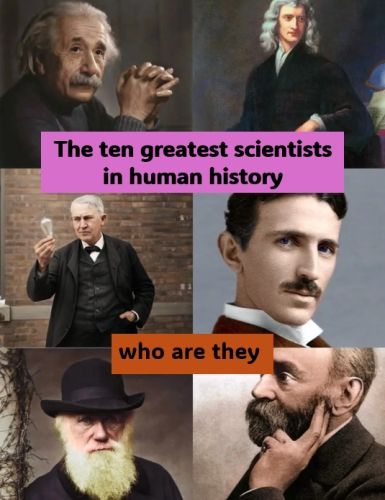
No.10:Marie Curie
Born in Poland in 1867, she studied and pursued scientific research in France. Her husband, Pierre Curie, was also a scientist, and they shared a common aspirations, often referred to as Marie Curie. The couple extensively researched the radioactive components of pitchblende, leading to the discovery of the new elements polonium (Po) and radium (Ra) in 1903, for which they, along with another scientist, were awarded the Nobel Prize in Physics. Eight years later, she was awarded the Nobel Prize in Chemistry for her successful isolation of radium. This made her not only the first female scientist to win a Nobel Prize, but also the first to win two. Her long-term exposure to radioactive materials ultimately led to her death from aplastic anemia.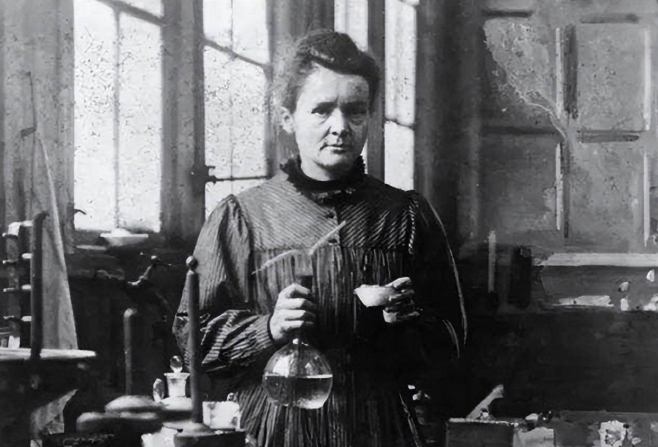
No.9: Alfred Nobel
Born in 1833, this Swedish scientist is best known for his research into dynamite, earning him the nickname "Dynamite King." During his lifetime, he held 355 patents and also established a military equipment business, serving clients in over 20 countries across five continents, amassing a substantial fortune. Before his death, he donated much of his fortune as prizes for outstanding contributions to physics, chemistry, medicine, literature, and peace efforts. To this day, the Nobel Prize remains the most prestigious award in science.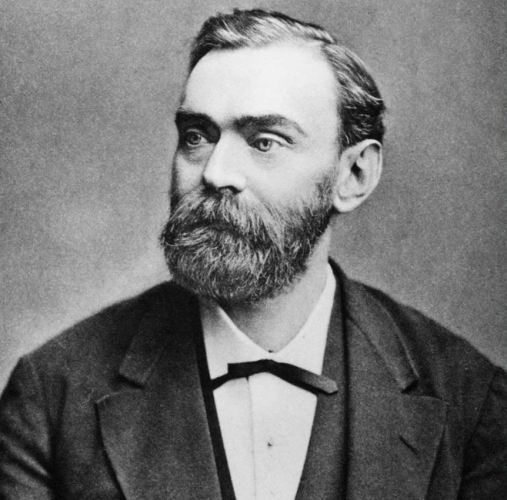
No. 8: James Maxwell
Born in 1831, he was a British scientist known for his groundbreaking achievements in statistical physics and classical electrodynamics. After graduating from Cambridge University, he taught there. Although not as famous as Einstein, he is a true founder of the electrical age.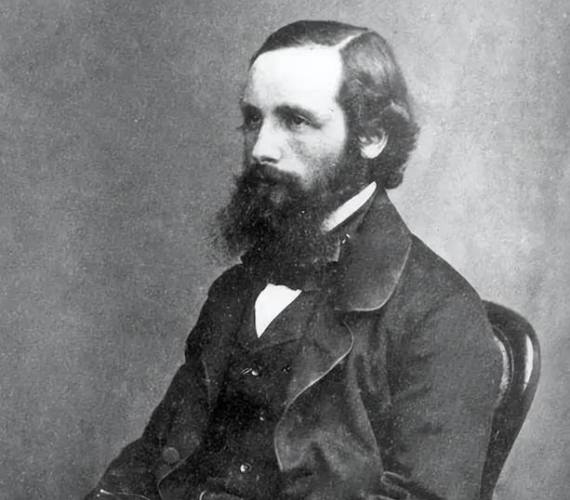
No. 7: Charles Darwin
Born in 1809, this British biologist is considered the godfather of the theory of evolution. He was a natural detective, discovering the secrets of life's evolution from extinct and surviving organisms. His theory of evolution by natural selection remains a mainstream theory in biology today, profoundly influencing disciplines such as anthropology, psychology, and philosophy.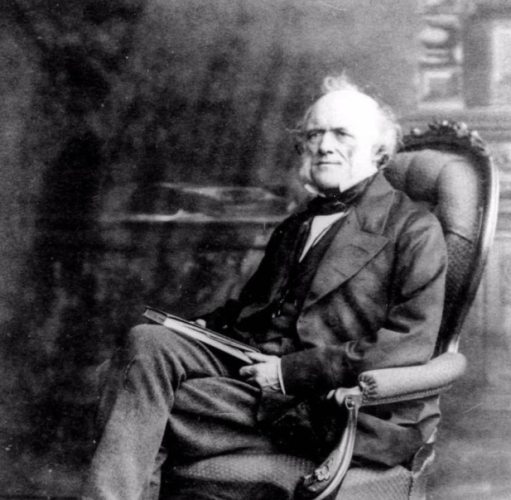
No.6: Johannes Kepler
Born in 1957, he was a German scientist and a master across disciplines. He is best known for his work in astronomy, where he proposed the famous three laws of planetary motion, leading to a revolution in astronomy. In optics, he invented the refracting telescope for observing astronomical phenomena, becoming the founder of experimental optics. He also made outstanding contributions to mathematics.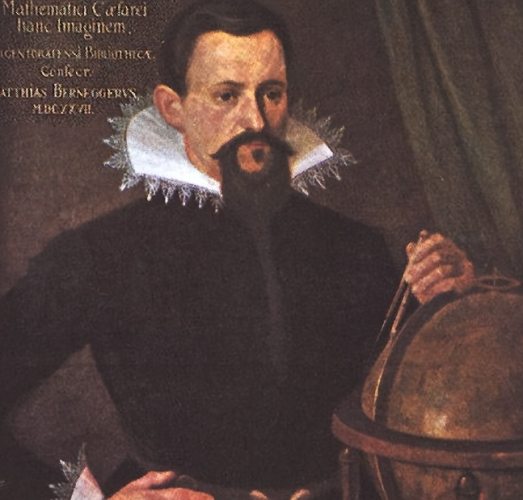
No. 5: Michael Faraday
Born in 1791, he was a British scientist. He pioneered the discovery of electromagnetic induction and the generation of alternating current, and invented the disk generator, which had a profound impact on the electric power industry and is known as the father of electromagnetism. He also made outstanding achievements in electrochemistry, successfully implementing electrolysis and formulating its laws, as well as discovering many new elements.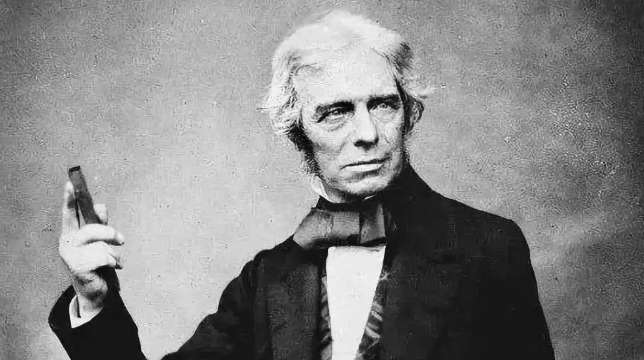
No.4: Thomas Edison
Born in 1847, he was an American scientist. He's a household name in my country, and we learned about his inventions in elementary school. He invented 2,000 things, including the electric light, the phonograph, and the movie projector. His status in the United States is nearly unmatched, even topping the list of the greatest contributors of the millennium. He was also an entrepreneur, founding the renowned General Electric.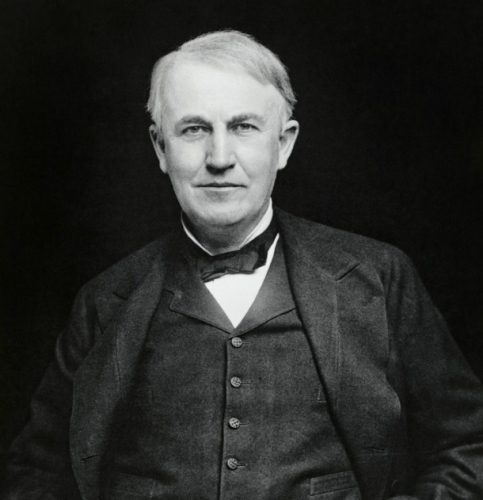
No.3: Albert Einstein
Born in 1879, this Jewish scientist, holding dual Swiss and American citizenship, is considered a giant of 20th-century science. His photon hypothesis perfectly explained the photoelectric effect, earning him the Nobel Prize in Physics. His theories of special and general relativity astonished the physics community, even challenging the dominance of classical mechanics. His radically new interpretation of gravity has become a common theme in science fiction and film. His theories also formed the theoretical foundation for the development of nuclear energy. He was also a driving force behind the Manhattan Project during World War II.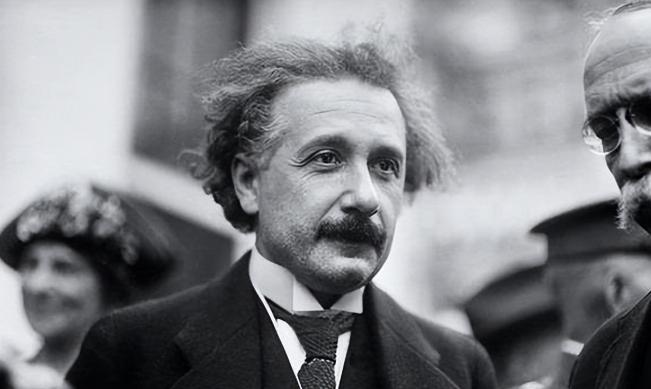
No.2: Galileo Galilei
Born in 1564, he was an Italian scientist. Hailed as the father of observational astronomy, he was the first to successfully observe Jupiter's four satellites and Saturn's rings. His experiments, integrating mathematics, physics, and astronomy, not only proved the scientific validity of heliocentrism but also overturned many of Aristotle's theories, transforming our understanding of the universe, matter, and motion. His contributions to the scientific revolution are unparalleled.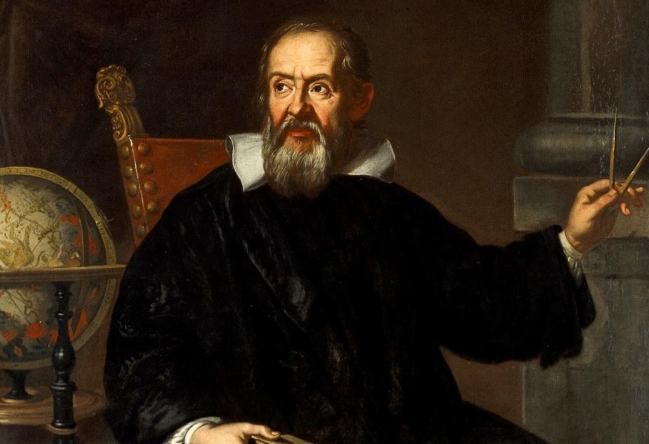
No.1: Isaac Newton
Born in 1643, Newton was a British scientist. He is widely recognized as an encyclopedic scientist. His theory of universal gravitation and the three laws of motion are the cornerstones of classical mechanics and the foundation of modern engineering, so much so that people often refer to classical mechanics as Newtonian mechanics. In mathematics, he is also credited with developing calculus. He also proved the generalized binomial law and contributed to the study of power series. In optics, he proposed the corpuscular theory of light and developed the theory of color. In thermodynamics, he established the law of cooling. In astronomy, he invented the reflecting telescope. He also conceived the gold standard in economics. His research in natural sciences had a profound impact on philosophy. Einstein himself frankly stated that without Newton's theoretical work, none of their achievements would have been possible. It is precisely because of his outstanding contributions to human development in various fields that Newton is undeniably the greatest scientist of all time.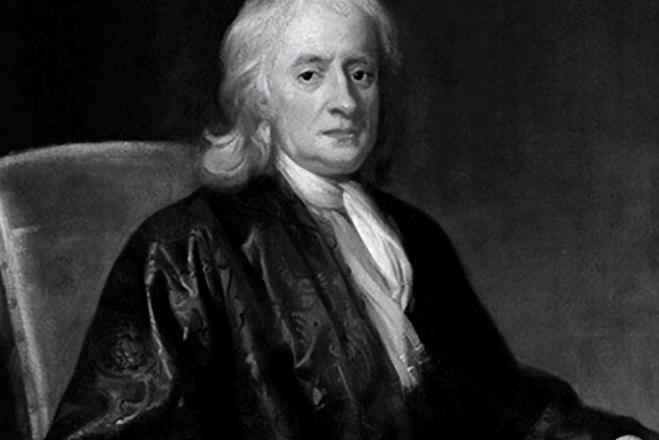
Leave a Comment